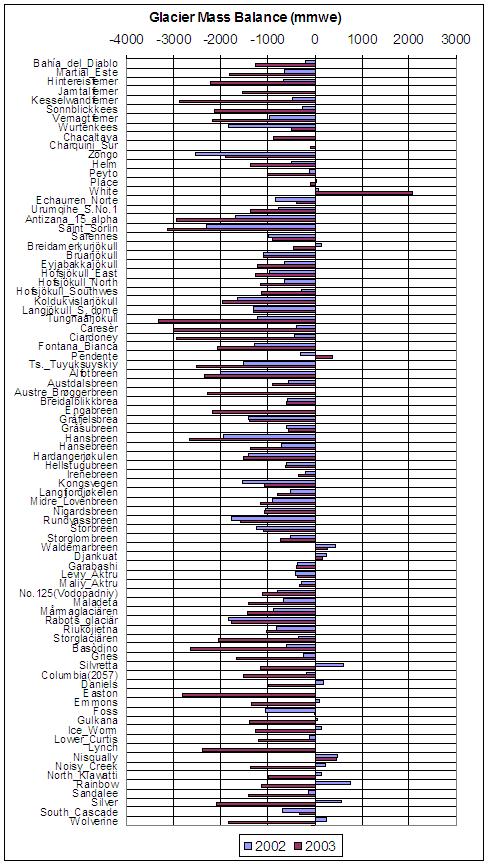Tuesday, February 24, 2009
The Ostrich Effect
According to Niall Ferguson, an alleged financial guru from Harvard, there is the potential for a great darkness to cover the earth because most policy heads are in the sand, doing everything they can to pretend that everything is alright, when things so clearly aren't. He also believes strongly that "The lesson of the subprime crisis is that you shouldn't give mortgages to people who can't afford them. Duh …"
As someone who has spent most of my life paying other people's mortgages through rent, I take issue with the notion that the expansion of home ownership to those who allegedly can't afford to pay for their homes is the rootball of this crisis. If someone goes from being a renter, to being a mortgage payer, where is the imbalance of ability to pay ? We are paying the mortgages of the better off, month by month, year by year, increasing the value of the asset to the owner by paying off the owner's mortgage, and when we are done paying off the mortgage, the owner has profit and we have nothing. If there wasn't a need for a massive downpayment, and thus a need for loans in the first place, there would have been no subprime crisis. In a market economy, the owner wins and the renter loses because someone has to lose money for someone else to make it, an imbalance that is further degenerated in a corporate market economy, because the corporation is not only not required to act ethically, but they are expressly designed to profit from their lack of ethics. Corporate economics take an already flawed market system, and intensifies the flaws.
Granted, many new home owners get caught up in corporate media spun delusions about keeping up with consumptive ownership of stuff and more stuff to stuff into their homes, but the simple creating of owners out of renters is not the problem. Duh.
Perhaps a strike by hundreds of thousands or even millions of renters would make it abundantly clear whose money is being used for what profit purposes.
As someone who has spent most of my life paying other people's mortgages through rent, I take issue with the notion that the expansion of home ownership to those who allegedly can't afford to pay for their homes is the rootball of this crisis. If someone goes from being a renter, to being a mortgage payer, where is the imbalance of ability to pay ? We are paying the mortgages of the better off, month by month, year by year, increasing the value of the asset to the owner by paying off the owner's mortgage, and when we are done paying off the mortgage, the owner has profit and we have nothing. If there wasn't a need for a massive downpayment, and thus a need for loans in the first place, there would have been no subprime crisis. In a market economy, the owner wins and the renter loses because someone has to lose money for someone else to make it, an imbalance that is further degenerated in a corporate market economy, because the corporation is not only not required to act ethically, but they are expressly designed to profit from their lack of ethics. Corporate economics take an already flawed market system, and intensifies the flaws.
Granted, many new home owners get caught up in corporate media spun delusions about keeping up with consumptive ownership of stuff and more stuff to stuff into their homes, but the simple creating of owners out of renters is not the problem. Duh.
Perhaps a strike by hundreds of thousands or even millions of renters would make it abundantly clear whose money is being used for what profit purposes.
Subscribe to:
Post Comments (Atom)


2 comments:
The past few days our PM was in USA shmoozing the business media generating a lot of false hope in the Canadian economy, which may actually be a lot worse than most in the MSM acknowledge.
The only solution to this mess is to end the central banking system and rewrite the charter of corporations. Corporations are legally constructed fictions, unlike you and I. It is time to put corporations under democratic accountability.
Peoples Law, a la Rawls, makes me say that Canada should become a Credit Union central bank, in which Canadians are national citizen-members who cooperate to achieve the Greatest Equal Liberty for the People who live within it's borders, national or not Canada would develop a provincially federated cooperative economy in which corporatism itself would be deichartered, or, as you suggest - perhaps with an eye on international real politik - re-chartered. In either case, having freed enterprise from conscienceless profiteering: what would eventually emerge is a marke in which individuals and associations of producers and consumers, then apply Rawl's Difference Principle, in which this new market economy would be governed by both conscience and profit, creating a society in which the worst off are substantially better off than they would be under conscienceless corporatism, and thus are achieving a better proximation of Greatest Equal Liberty..
If Canada became a Credit Union country the Laws of the People will ensure that the movement globalizes: the state - the bureaucracy would become more clearly the staff of the credit union, parliaments and legislatures more clearly become Boards of Directors elected by Province and Nationally, to sustain our People's niche in our environment, with greatest power - the place where the greatest equal liberty will be achieved - being held at the level of watersheds throughout the Dominion. The water we need to live, and the places where our food will grow must become the crown gold of the new economy. The necessities of life will be sustained by cooperative commonwealth from coast to coast to coast. Localism via bio-regional municipalism, provincially federated, nationally
united movement, thinking globally.
Post a Comment